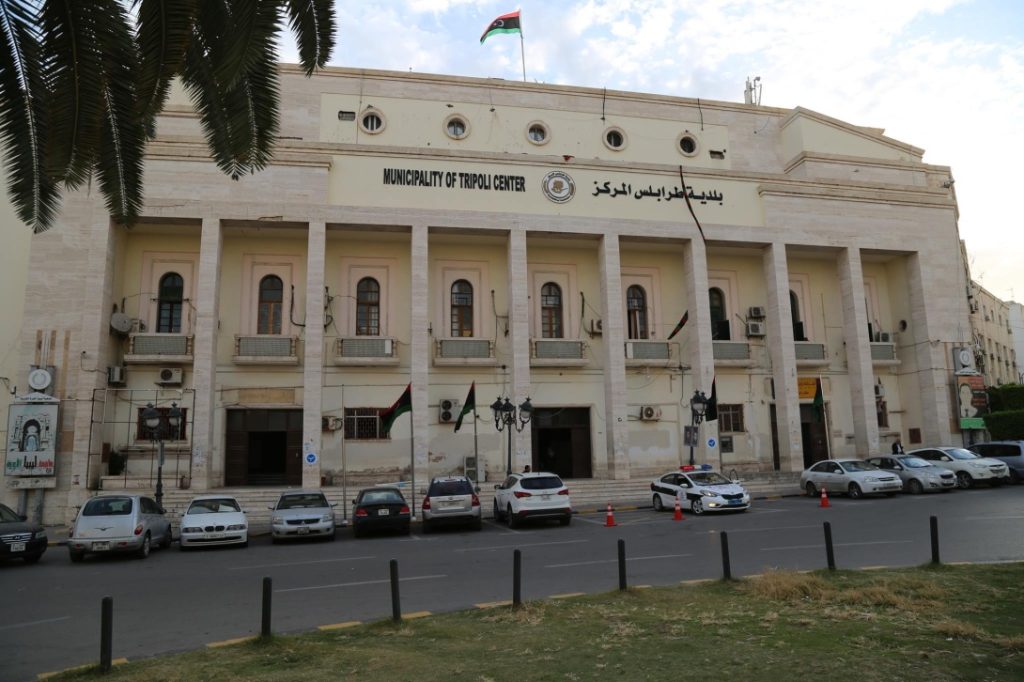Libya Private Sector and the Road to Economic Renewal
Libya private sector revival has become one of the most promising indicators of post-conflict recovery. After more than a decade of economic disruption, entrepreneurs, small businesses, and investors are slowly rebuilding the foundations of a functioning market economy. The country’s path to stability now depends as much on private enterprise as on political reform. As Libya moves toward 2026, a vibrant private sector could transform its fragile recovery into long-term growth and national self-sufficiency.
From Public Dependency to Private Dynamism
For decades, Libya’s economy revolved around oil revenues and state employment. The result was an economy dependent on public spending and vulnerable to political shocks. Today, Libya private sector growth is beginning to shift that dynamic. Thousands of small and medium enterprises (SMEs) are emerging in logistics, construction, and digital services. The World Bank reports that over 60 percent of new business registrations since 2023 have come from individual entrepreneurs and SMEs, signaling a quiet diversification of the economy.
This shift is particularly visible in cities like Misrata, Benghazi, and Tripoli, where local chambers of commerce have become catalysts for start-up culture. Informal enterprises are formalizing, and new technology platforms are helping businesses access customers and payment systems. These developments show that Libya private sector energy is not confined to elite investors, it is rooted in community-driven resilience.
Finance and Regulation: Unlocking Libya Private Sector Growth
Access to finance remains the single largest barrier to Libya private sector expansion. Historically, entrepreneurs faced outdated banking systems and limited credit availability. In response, the Central Bank of Libya (CBL) has launched SME financing programs that provide low-interest loans and microcredit to new enterprises. These initiatives are beginning to bridge the gap between financial institutions and local business owners.
At the same time, regulatory reform is underway. The Ministry of Economy is drafting a modernized investment law that simplifies licensing and reduces bureaucratic barriers. The World Bank and the International Finance Corporation have advised on measures to align Libya’s business climate with global standards. Transparency in taxation, property registration, and customs is improving slowly but steadily, offering a clearer path for both local and foreign investors.
International Partnerships Empower Libya Private Sector Revival
International engagement plays a vital role in accelerating Libya private sector recovery. The European Bank for Reconstruction and Development (EBRD) has reactivated its Libya programs, focusing on SME capacity-building, women-led enterprises, and financial literacy training. These partnerships aim to connect Libyan entrepreneurs with regional value chains across the Mediterranean.
European and Gulf investors are also showing renewed interest. Joint ventures in port logistics, manufacturing, and agribusiness are helping integrate Libya’s economy into broader trade networks. For instance, cooperation between Libyan and Italian chambers of commerce has produced export support initiatives for local producers of food, textiles, and construction materials. Such collaborations demonstrate that Libya private sector expansion is both a domestic and an international project.
Youth, Innovation, and the Start-Up Generation
Libya’s young population is driving innovation. Start-up incubators and innovation hubs in Tripoli, Benghazi, and Misrata are training entrepreneurs in technology, finance, and e-commerce. These initiatives are supported by universities and NGOs working to bridge education and business.
The EBRD and UNDP’s joint “Youth Enterprise Challenge” program has helped over 500 young Libyans develop scalable projects since 2024. Many of these initiatives focus on renewable energy, digital infrastructure, and logistics, sectors vital for modern economic growth. This new generation of entrepreneurs embodies a forward-looking identity for Libya private sector, one defined by creativity, adaptability, and purpose rather than dependency.
Women Entrepreneurs and Inclusive Growth
Another transformative trend within Libya private sector recovery is the growing participation of women. Despite social and legal challenges, women-led enterprises are increasing in sectors such as retail, design, and education services. International organizations and local NGOs have created micro-grant programs and business mentorship networks for female entrepreneurs.
According to the World Bank’s Gender and Enterprise Report, women-owned SMEs now account for nearly 15 percent of registered businesses, a remarkable increase from 5 percent a decade ago. This inclusion not only promotes equality but also enhances productivity, innovation, and household income stability. The momentum of women entrepreneurs adds depth and diversity to Libya’s economic recovery story.
Challenges Ahead: From Fragmentation to Coordination
Despite visible progress, Libya private sector growth faces structural obstacles. Political divisions between the east and west still complicate national policy alignment. Inconsistent regulations, currency volatility, and limited digital payment infrastructure restrict business expansion. Moreover, corruption and bureaucratic inefficiency continue to deter larger foreign investors.
Addressing these challenges requires coordination. Libya’s economic institutions, the CBL, Ministry of Economy, and local chambers, must unify standards for trade, taxation, and investment licensing. A national business registry, currently under development with support from the EBRD, could streamline compliance and data collection. Building a shared regulatory framework will be essential to sustaining momentum beyond isolated success stories.
Private Enterprise as a Pillar of National Stability
The revival of Libya private sector is more than an economic adjustment; it is a cornerstone of national stability. Small businesses create jobs, reduce reliance on state subsidies, and foster a sense of agency among citizens. A robust private sector can underpin political moderation by aligning local prosperity with national interests.
For Libya’s policymakers, the goal is clear: continue empowering entrepreneurs, simplify regulation, and safeguard investments from political disruption. Each successful enterprise, whether a logistics firm in Misrata or a tech start-up in Tripoli, strengthens Libya’s resilience and legitimacy. If sustained, the private sector could become the bridge between recovery and lasting prosperity, transforming Libya’s economy from a fragile rentier system into a diversified, citizen-driven engine of growth.



